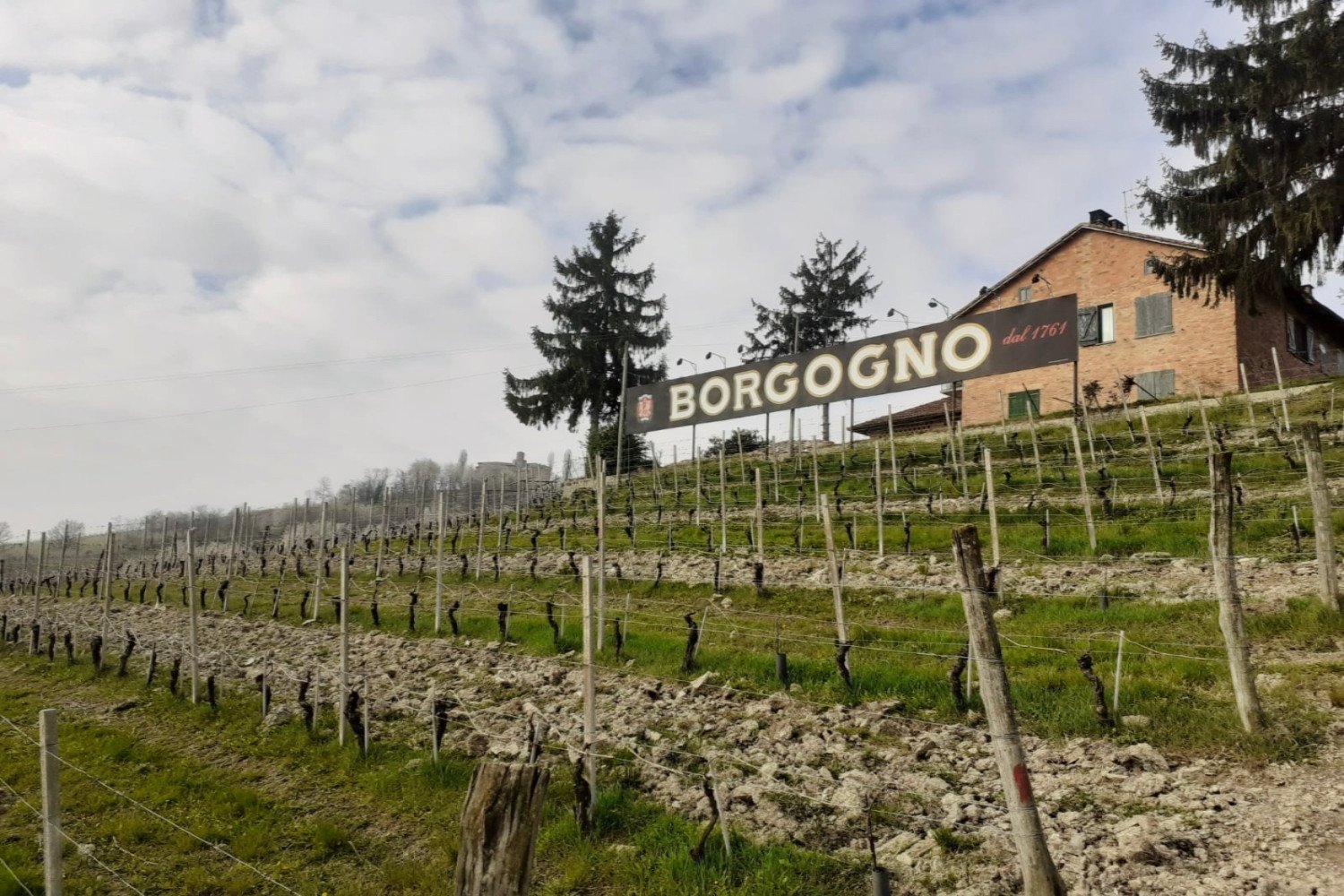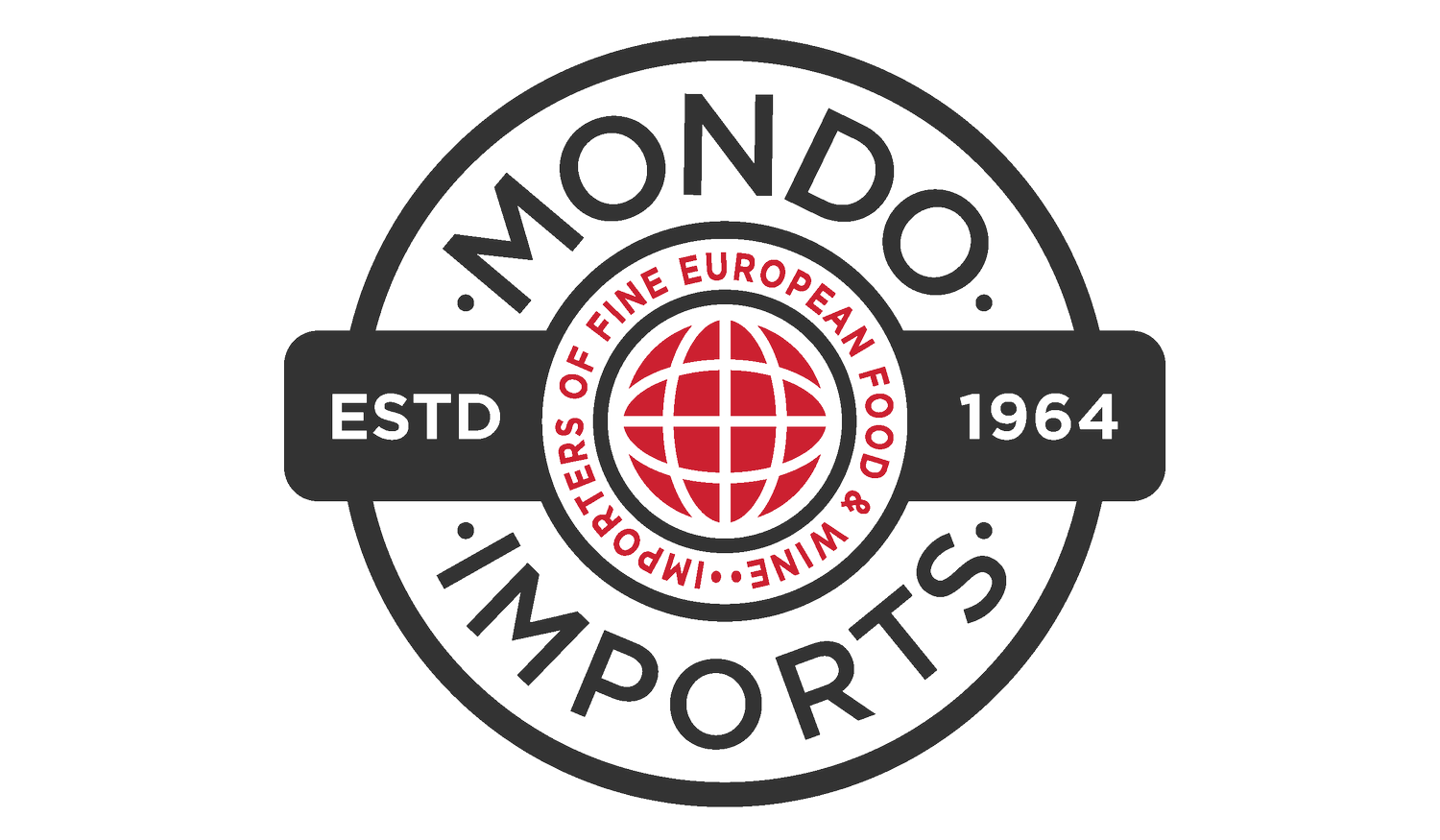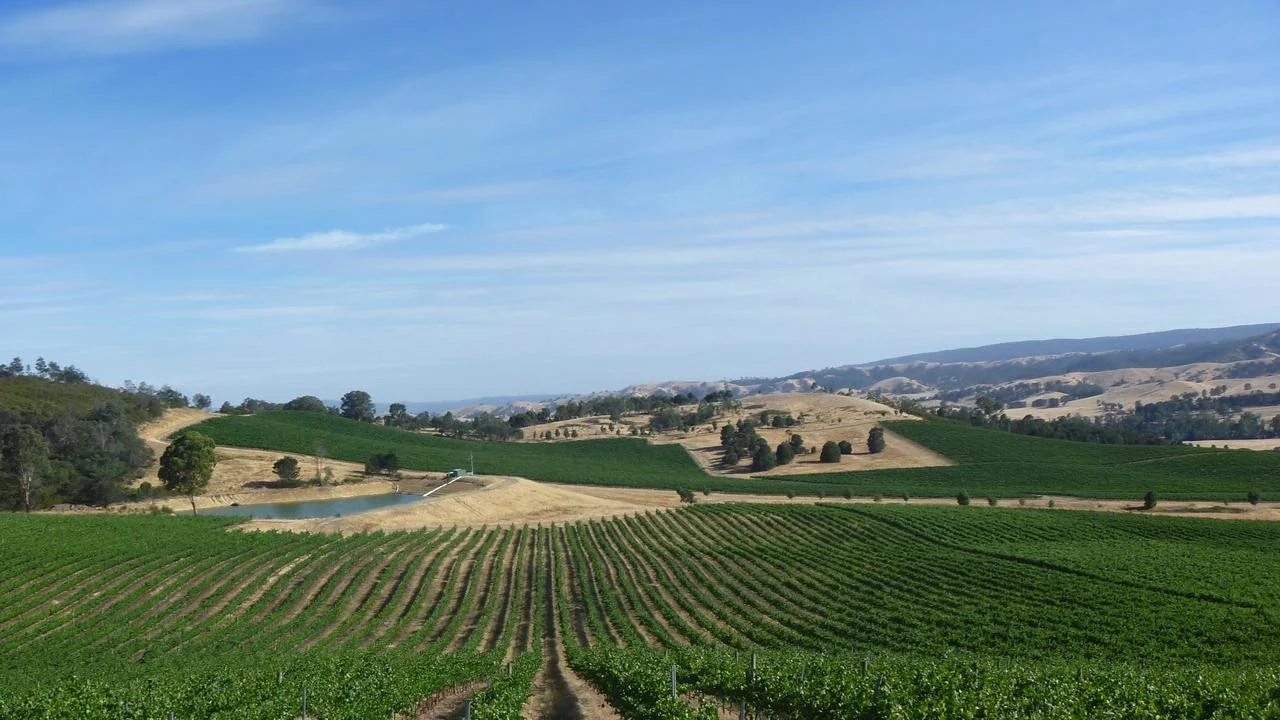
Borgogno
The Legacy of Traditional Barolo
Founded in 1761, Giacomo Borgogno & Figli is one of Barolo’s most historic wineries, deeply intertwined with Italian heritage. From supplying the Savoy Army in 1848 to being served at the 1861 Italian Unification banquet and a 1908 royal event for Tsar Nicholas II, Borgogno’s wines have long been a symbol of tradition and prestige.
In 1920, Cesare Borgogno took over the winery, transforming its fortunes. He expanded exports to Argentina, Europe, and the United States and introduced the now-iconic practice of cellaring half of the Barolo Riserva production for decades before release. This philosophy of patience and quality defines Borgogno’s legacy today. Despite challenges, including a 1944 raid by the Wehrmacht, which saw 240 cases of 1935 Barolo taken, the winery remained committed to preserving its traditions.
From a 1967 rebranding to a record-setting charity auction in 1972, Borgogno has consistently evolved while honoring its past. In 2008, the Farinetti family acquired the estate, reaffirming a commitment to classic winemaking. A return to concrete fermentation tanks in 2013, an organic conversion in 2019, and the expansion into high-altitude Nebbiolo vineyards in 2023 reflect the winery’s continuous innovation while maintaining its deep-rooted identity.
Today, Borgogno remains a benchmark for traditional Barolo, producing wines that reflect the purity of their terroir. With historic vineyards in some of Barolo’s most prestigious crus, an unwavering dedication to sustainable practices, and a renewed presence on La Place de Bordeaux, Borgogno continues to shape the future of Barolo while respecting its rich past.
The Wines:
| Style | Grapes |
|---|---|
| Freisa | Freisa |
| Dolcetto d'Alba | Dolcetto |
| Barbera d'Alba | Barbera |
| Langhe Nebbiolo | Nebbiolo |
| No Name Nebbiolo | Nebbiolo |
| Classico Barolo | Nebbiolo |
| Fossati Barolo | Nebbiolo |
| Liste Barolo | Nebbiolo |
| Cannubi Barolo | Nebbiolo |
| Riserva Barolo | Nebbiolo |
| Chinato Barolo | Nebbiolo (Aromatized) |
| Bianco | Blend (Unknown) |
| Langhe Riesling Era Ora | Riesling |

